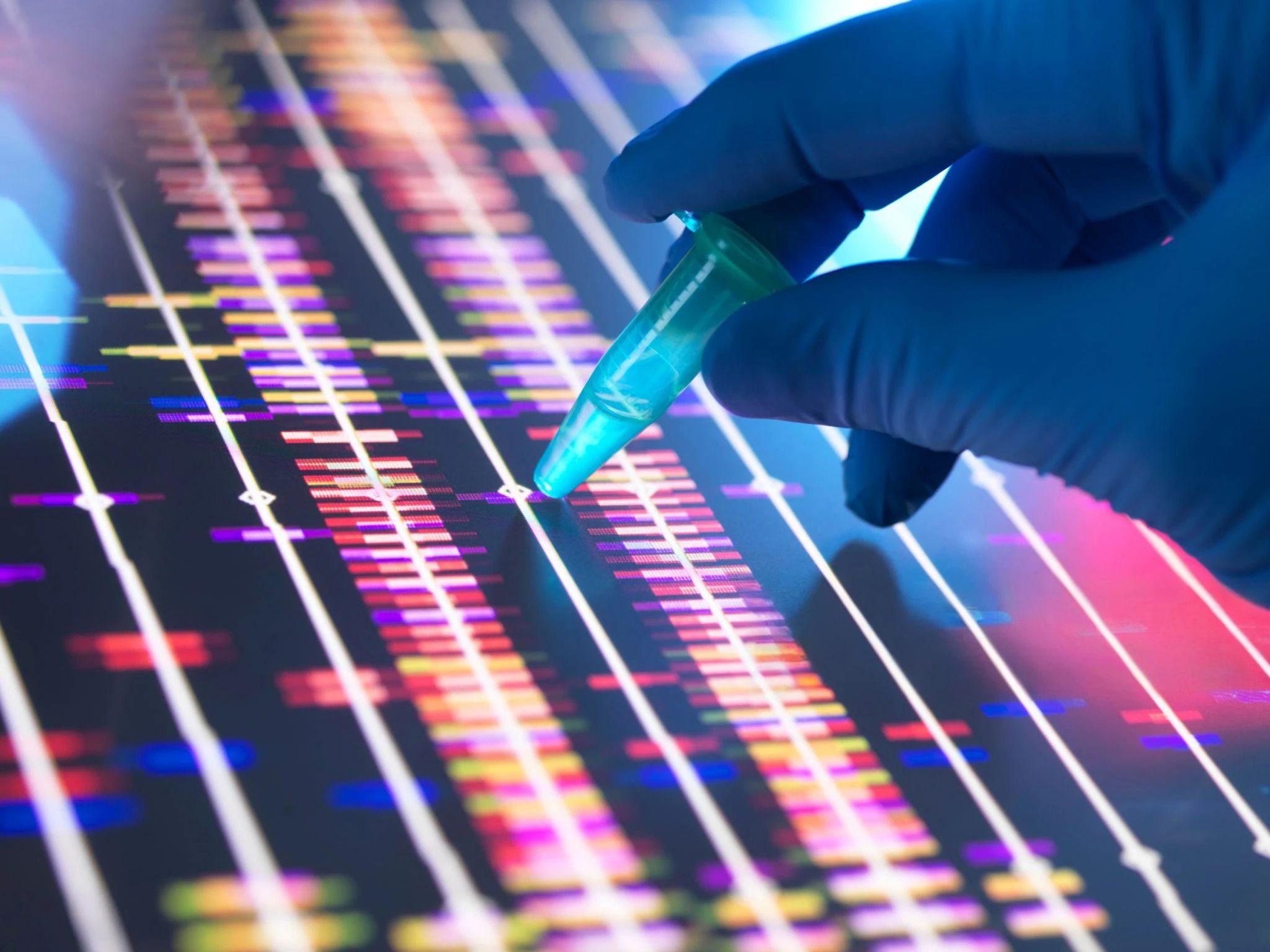The Role of Biotechnology in Developing Personalized Health Solutions
Introduction to Biotechnology and Personalized Health
Biotechnology is at the forefront of a transformative era in healthcare, driving innovations that enable more personalized health solutions. By leveraging biological systems and living organisms, biotechnology offers a tailored approach to medicine, allowing treatments to be customized to individual patients' genetic profiles and specific health needs.

Understanding Personalized Medicine
Personalized medicine, often referred to as precision medicine, is a healthcare model that considers individual differences in patients’ genes, environments, and lifestyles. This approach contrasts with the one-size-fits-all strategy of traditional medicine, emphasizing the customization of healthcare. Biotechnology plays a pivotal role in this, using advanced tools like genetic testing and bioinformatics.
The Role of Genomics
Genomics is a cornerstone of personalized medicine. By analyzing a patient's genetic makeup, healthcare providers can predict disease susceptibility, drug responses, and tailor preventive measures. This genomic insight is crucial for developing personalized treatment plans that improve patient outcomes and reduce adverse effects.

Biotechnology Tools Driving Innovation
Several biotechnological tools are instrumental in advancing personalized health solutions:
- CRISPR-Cas9: A revolutionary gene-editing technology that enables precise modifications to DNA, offering potential cures for genetic disorders.
- Biomarkers: Biological molecules that serve as indicators of health or disease states, aiding in early diagnosis and targeted therapy.
- Bioinformatics: The application of computational tools to manage and analyze biological data, essential for interpreting genetic information.
Pharmacogenomics: Tailoring Drug Therapies
Pharmacogenomics is a field within biotechnology that studies how genes affect an individual’s response to drugs. By understanding genetic variations that influence drug metabolism, dosage and treatment plans can be personalized, minimizing side effects and enhancing therapeutic efficacy. This approach not only optimizes patient care but also reduces healthcare costs by avoiding ineffective treatments.

The Impact on Disease Prevention and Management
Biotechnology is significantly impacting disease prevention and management through personalized health solutions. Early detection of diseases through genetic screening allows for timely interventions. Furthermore, personalized treatment plans for chronic conditions such as diabetes and heart disease are improving quality of life for patients worldwide.
Challenges and Ethical Considerations
While the potential benefits of biotechnology in personalized medicine are substantial, there are challenges and ethical considerations to address. Issues such as data privacy, genetic discrimination, and equitable access to these advanced healthcare solutions need careful consideration. It is crucial for policymakers, healthcare providers, and researchers to collaborate to navigate these challenges effectively.
The Future of Biotechnology in Healthcare
The future of biotechnology in developing personalized health solutions looks promising. With ongoing advancements in genomic technologies and bioinformatics, the potential for more precise, effective, and accessible healthcare is vast. As research continues to unlock the complexities of human genetics, the vision of truly personalized medicine becomes increasingly attainable.

In conclusion, biotechnology is revolutionizing healthcare by enabling more personalized approaches to treatment and prevention. By harnessing the power of genetics and advanced biotechnological tools, we are moving towards a future where healthcare is tailored to the unique needs of each individual.
